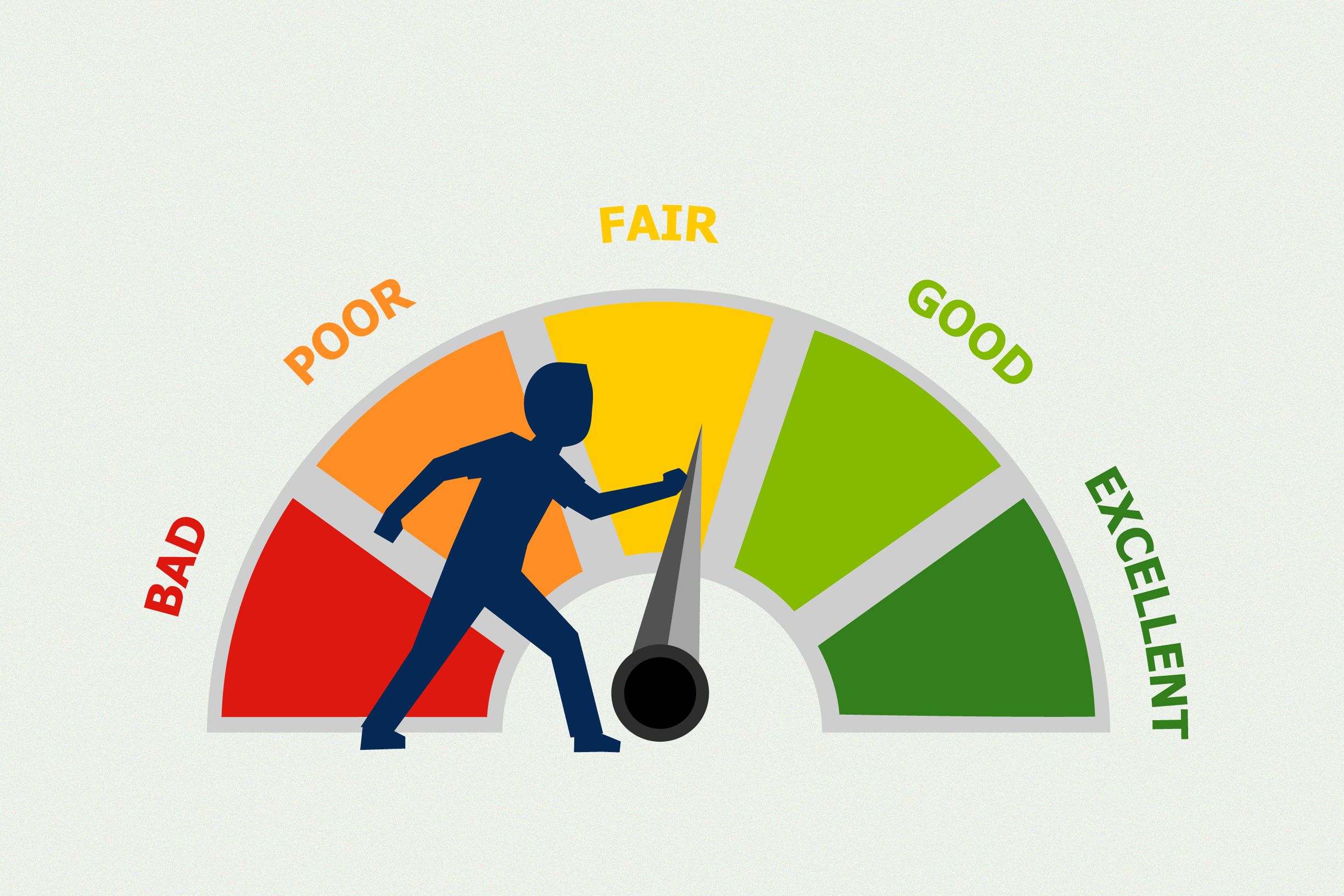Boosting Your Credit Score: A Comprehensive Guide
Your credit score is more than just a number; it’s a crucial factor that lenders use to determine your creditworthiness. Whether you’re planning to buy a home, secure a loan, or even rent an apartment, a good credit score can open doors to better financial opportunities. If you’re looking to increase your credit score, this guide is here to help. From understanding the basics to implementing practical strategies, we’ll walk you through the steps to boost your credit score and achieve financial success.
Boosting Your Credit Score
1. Know Your Current Score
Before you embark on the journey to improve your credit score, you need to know where you stand. Obtain a free copy of your credit report from each of the three major credit bureaus – Equifax, Experian, and TransUnion. Review your reports carefully for any errors, discrepancies, or fraudulent activities. Dispute any inaccuracies you find to ensure your credit report is an accurate reflection of your financial history.
2. Pay Your Bills on Time
The most significant factor affecting your credit score is your payment history. Consistently paying your bills on time demonstrates your reliability as a borrower. Set up reminders or automatic payments to ensure you never miss a due date. Even a single late payment can have a negative impact on your credit score, so strive to make timely payments each month.
3. Reduce Credit Card Balances
Your credit utilization ratio – the amount of credit you’re using compared to your total credit limit – plays a pivotal role in your credit score. Aim to keep your credit utilization below 30%. Paying down credit card balances can have a quick and positive impact on your score. Consider focusing on the credit cards with the highest utilization rates first.
4. Diversify Your Credit Mix
Credit scoring models also take into account the types of credit you have – credit cards, mortgages, installment loans, etc. Having a mix of different types of credit can positively influence your credit score. However, don’t open new accounts just to diversify your mix; only do so if it aligns with your financial goals.
5. Keep Old Accounts Open
The length of your credit history matters. Keep your oldest accounts open, even if you no longer use them regularly. Closing old accounts can shorten your credit history and potentially lower your score. Regularly using these accounts for small purchases and paying them off in full can also show that you’re responsible with credit.
6. Avoid Opening Too Many New Accounts
Applying for multiple new credit accounts within a short period can raise concerns among lenders. Each application results in a hard inquiry, which can temporarily lower your credit score. Be strategic and deliberate when applying for new credit, and only do so when necessary.
7. Be Patient and Consistent
Improving your credit score is not an overnight process. It requires patience and consistent financial habits over time. As you implement positive credit behaviors, your score will gradually increase. Remember, slow and steady progress is key to achieving a solid credit score.
8. Consider Professional Help
If you find yourself overwhelmed or unsure of how to proceed, you might consider seeking guidance from a reputable credit counseling agency. These professionals can offer personalized advice and strategies to help you navigate the complexities of credit improvement.
Conclusion
Your credit score is a reflection of your financial responsibility and can significantly impact your life’s major financial decisions. By understanding the factors that influence your score and implementing smart credit habits, you can take control of your financial future. Start small, stay consistent, and watch your credit score soar, opening doors to better opportunities and financial well-being.


